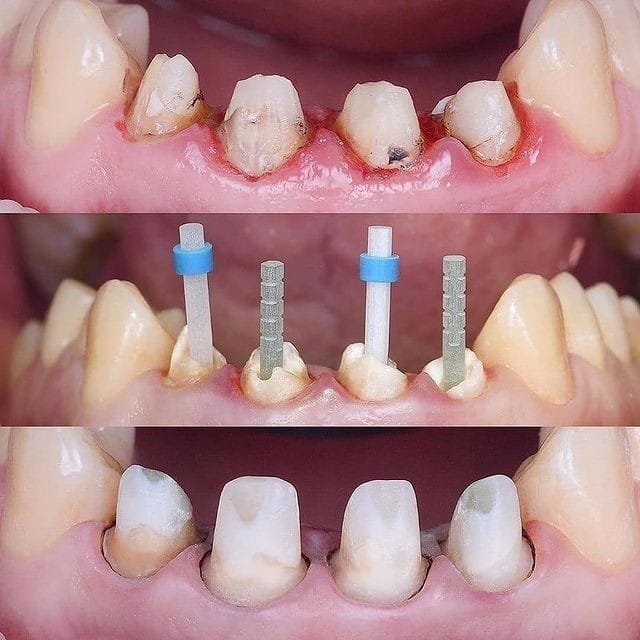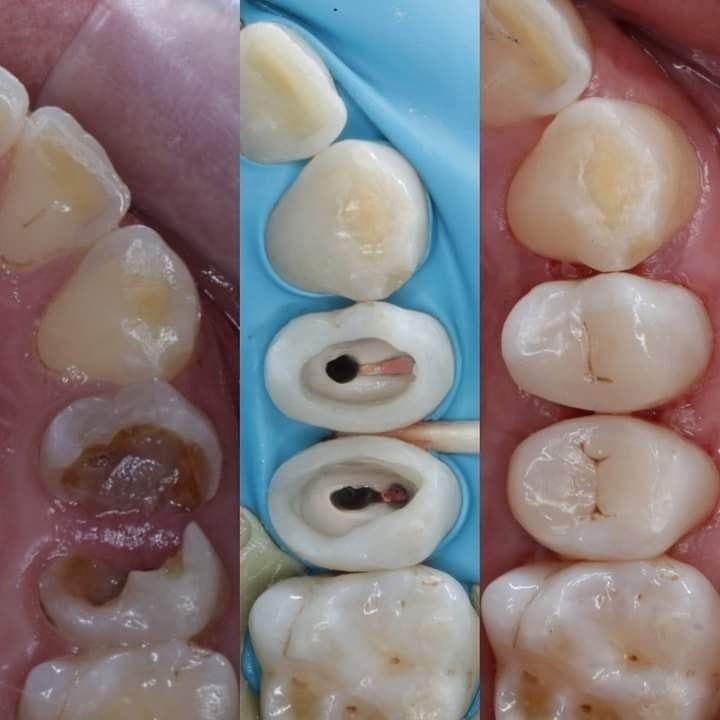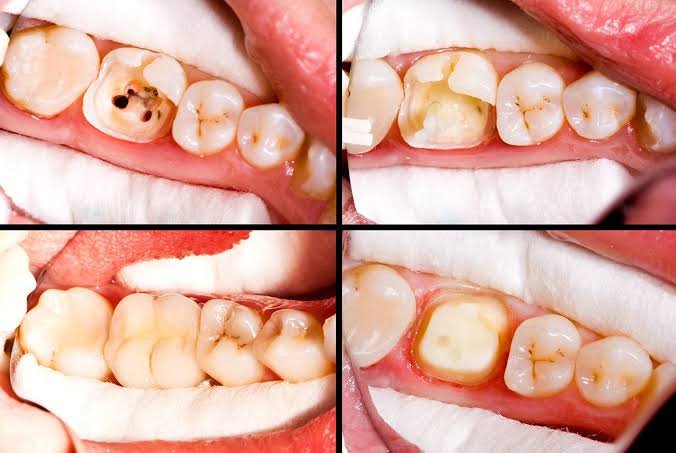Root canal treatment is a dental procedure performed by your dentist to remove unhealthy tissue from a diseased tooth. This treatment can repair and protect your tooth from further damage, restoring its normal function. If bacteria infect the natural cavity in your tooth, it can cause pain and lead to the death of the nerve.






Your endodontist will examine your pulp, which is the soft tissue inside your root canal, to check if it is inflamed or infected. If left untreated, inflammation or infection in the pulp can lead to abscess or severe pain. You may need a root canal treatment if you experience the following signs:
There is no need to be worried if you dentist or endodontist prescribes a root canal treatment to treat damaged tooth. Millions of teeth are treated and saved this way, each year, to relieve pain and making teeth healthy again.
Since patients are given anesthesia, root canal is not more painful. It can cause mild discomfort for few days
Although, you will most likely be numb for 2-4 hours following the procedure, most patients are able to return to school or work directly following a root canal.
If you think you need a root canal, consult your dentist. There are a number of steps that occur over a few office visits.
X-ray – if a dentist suspects you may need a root canal, he will first take X-rays or examine existing X-rays to show where the decay is located.
Anesthesia – local anesthesia is administered to the affected tooth. Contrary to popular belief, a root canal is no more painful than a filling.
Pulpectomy – an opening is made and the diseased tooth pulp is removed.
Filling – the roots that have been opened (to get rid of the diseased pulp) are filled with gutta-percha material and sealed off with cement.
Practice good oral hygiene – brush teeth twice a day, and floss at least once. Taking care of your teeth can help prevent future problems.
Visit the dentist regularly – cleanings and examinations by dentists and hygienists.
Avoid chewing on hard foods – chewing on hard foods such as ice can cause teeth to break, and can harm root canals.